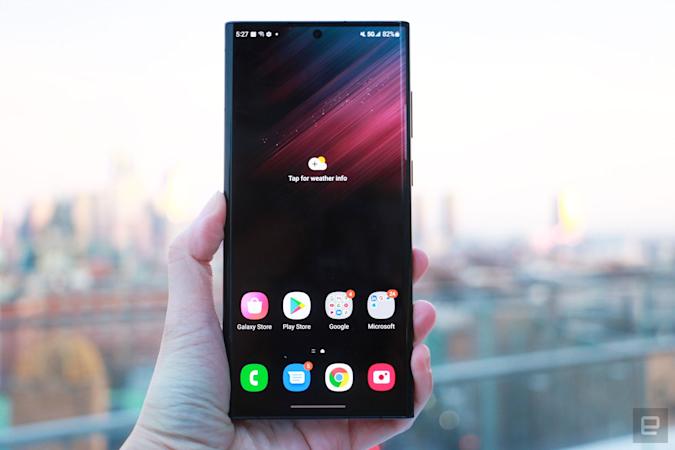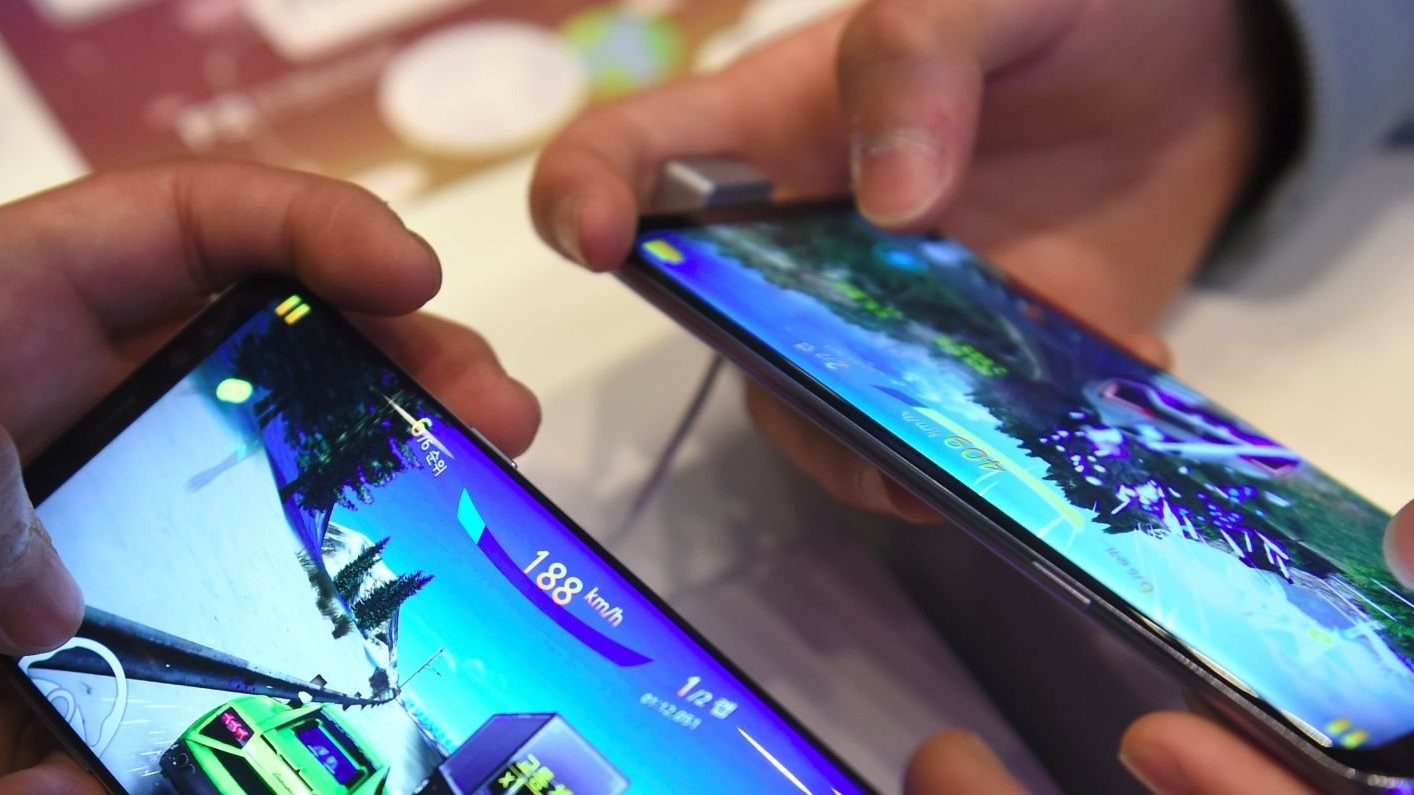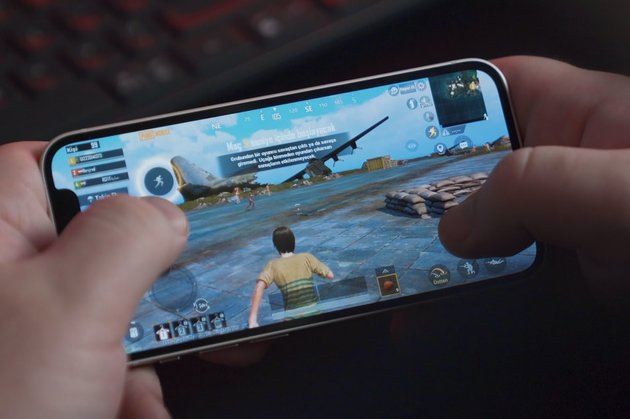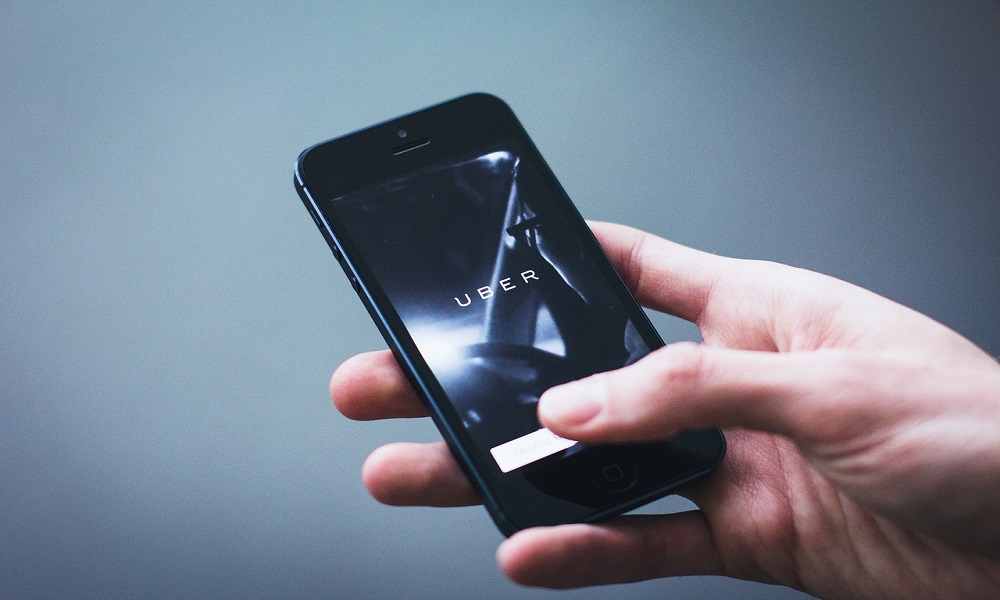

The South Korean tech giant, Samsung, has been reported to at least partly address complaints about slow app performance on some Galaxy series smartphones. Going into details, The Verge reports that the company has promised to update its game optimization service with the very goal of giving users much more control over throttling.
It should also be immediately noted that, as part of his statement to the authoritative publication Engadget, a Samsung official said that this change will appear in the “unspecified future” as a response to both feedback and “thorough consideration” from various regulatory bodies. However, Samsung has already been able to dispute claims regarding the company’s game optimization service that it limited up to 10,000 apps in various categories. According to the company, the service “does not manage” applications other than games. Users, if you are not aware, have accused Samsung of slowing down the performance of various non-gaming software such as Netflix and TikTok by disabling limits for benchmarks such as 3DMark and GeekBench, which skews expectations about real speed. Now it has become known that the game optimization service is also present in the Galaxy S22 series.
And while the exact range of smartphones running this very service is not clear at the moment, it is still known that the corresponding software exists on older phones from the company, such as, for example, the entire Galaxy S21 and S20 FE line. But be that as it may, Samsung is not alone in this matter. Going into detail, in 2021, OnePlus admitted that the company was limiting the OnePlus 9’s capabilities while popular apps were being used. This was ostensibly intended to conserve battery life. However, when the user ran tests on the smartphone, the performance got out to the maximum. Major Chinese tech giant Huawei, along with Oppo and other smartphone makers, has been caught cheating on benchmarks.

South Korean tech giant Samsung Electronics posted its biggest quarterly net profit for more than three years on April 27 after shrugging off the fallout from the exploding Galaxy Note 7 battery debacle. / AFP PHOTO / JUNG Yeon-Je (Photo credit should read JUNG YEON-JE/AFP via Getty Images)
However, in their case, these very methods were based on improving performance when using the test application, and not on slowing down for other applications. In any case, it is quite difficult for smartphone manufacturers to completely avoid throttling. Chips such as the Snapdragon 8 Gen 1 and Exynos 2200 found in the Galaxy S22 may become hot. And to combat this, Samsung even introduced vapor chamber cooling to the S22. However, as Apple learned years ago, at least some users want more control and visibility into throttling—they’re willing to sacrifice battery life and heat levels to see devices reach their full potential.




